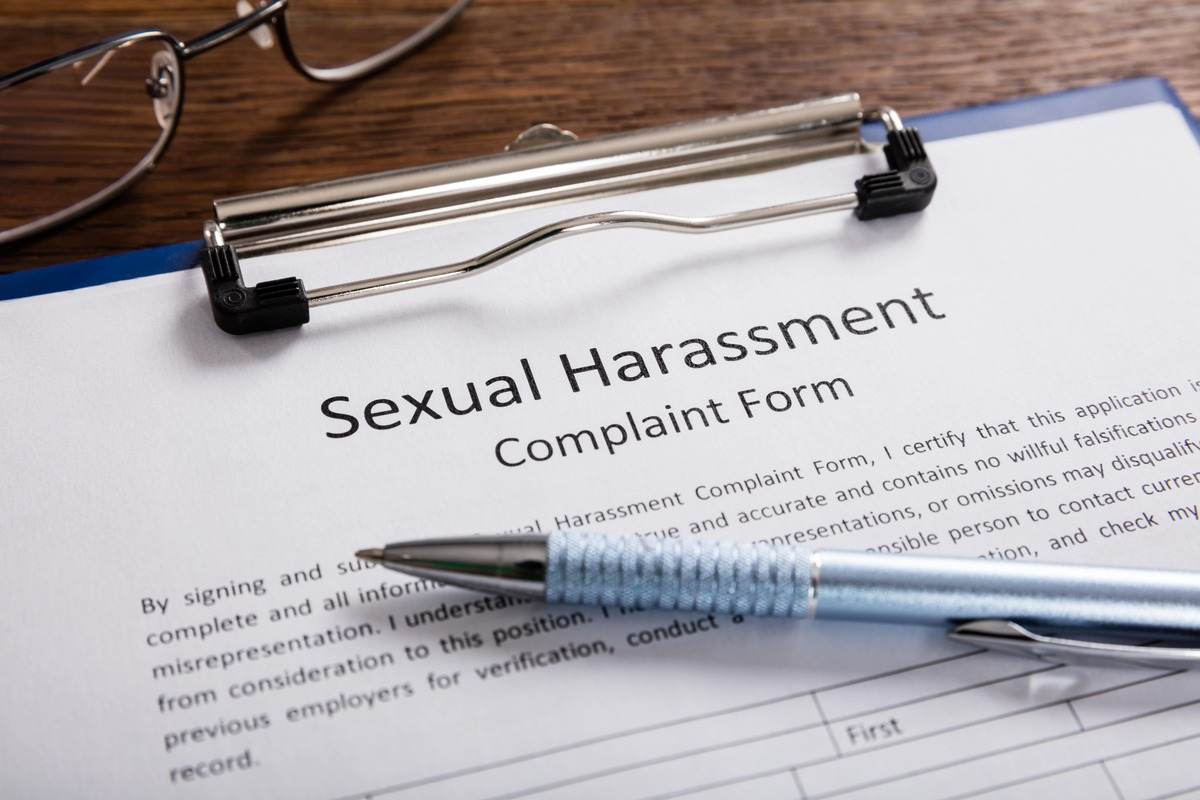
Some people might think that catcalling (such as whistles, suggestive comments, and sexual advances) at their workplace is just an unpleasant part of their job that they have to endure. This is untrue. Some might be asking, is catcalling sexual harassment? The answer is yes in many circumstances.
If you have been the target of catcalling in your workplace, you can file a complaint or a lawsuit to address and put an end to the practice. Catcalling can be scary, but at King & Siegel LLP, our skilled and aggressive attorneys can protect you against workplace injustices. Contact us today.
Catcalling at Work Is Actionable Sexual Harassment
Is catcalling illegal? It can be if it occurs in the workplace. Federal and California anti-discrimination laws prohibit sexual harassment in the workplace. Sexual harassment includes:
- Verbal conduct of a sexual nature;
- Physical conduct of a sexual nature;
- Unwelcome sexual advances; and
- Offensive comments about someone’s sex, pregnancy/childbirth, sexual orientation, or gender.
These behaviors fall in line with a lot of the catcalling people have had to endure in and around the workplace. If the conduct is sexual, unwelcome, and “severe and pervasive,” it is illegal sexual harassment.
“Severe and pervasive” means that while an isolated incident of offensive behavior is not actionable, a pattern of behavior is. If enduring catcalling is a condition of your employment, or if the catcalling is so severe in your workplace that a reasonable person would deem your workplace a hostile environment, you have a viable harassment complaint.
Filing a Complaint
Enduring sexual harassment or catcalling can affect your physical and mental health. Sexual harassment can have negative effects on your job performance. You should not have to endure sexual objectification to earn a paycheck. The law is here to protect you.
You can fight back against catcalling at work by filing a sexual harassment complaint with the U.S. Equal Employment Opportunity Commission (EEOC) or the California Department of Fair Employment and Housing (DFEH). Your employer must have at least 15 employees to be subject to an EEOC complaint, but California law covers smaller employers as well.
If you win your case, you can win compensatory damages (for your financial loss and pain and suffering), back pay, and injunctive relief. You have 180 days to file an EEOC complaint and three years to file a DFEH complaint. You also have the option of filing a lawsuit if you get a Right to Sue Notice from the EEOC or DFEH. To make sure that you meet your deadlines, speak to an attorney right away about your workplace issues.
What About Street Harassment?
We have discussed catcalling within the workplace, but many people endure catcalling in the public streets and non-work spaces. Is there any recourse? It depends on the circumstances. Any street harassment you endure could still be actionable employment discrimination, or it could be civil harassment.
Your Employer’s Liability for Street Harassment
Your employer is not just liable for sexual harassment you endure at the hands of coworkers and supervisors. They also are liable for failing to address sexual harassment coming from contractors, clients, and customers. For your employer to be liable for harassment by non-employees, you generally have to prove three things:
- Your employer had control over the harasser’s behavior (they could have stopped it),
- Your employer knew or should have known about the harassment, and
- Your employer failed to promptly take corrective action against the harasser.
Whether your harasser is an employee or not, it is important that you tell your harasser no and immediately report the harassment to human resources or a supervisor.
Harassment Outside of Employer Control
If you cannot prove that your employer is liable for the catcalling you endure, you might have a case for civil harassment under California law. You can file a civil harassment lawsuit if your catcaller commits an act toward you involving:
- Unlawful violence;
- A credible threat of violence; or
- A knowing, willful, and emotionally distressing course of conduct without legitimate purpose that seriously alarms, annoys, or harasses you and would cause a reasonable person to suffer substantial emotional distress.
If you are unsure whether the conduct you have endured rises to the level of an employment or civil complaint, do not remain silent. Protect and preserve your rights and well-being by speaking to an experienced attorney.
We Are Champions of Your Rights
At King & Siegel LLP, we are top-rated, experienced California employment attorneys who have won millions for mistreated employees. We work closely with our clients to win them the best outcomes for their unique needs. We can give you the same passionate, skilled, and aggressive representation you can expect from the big firms representing employers. If you have suffered under a discriminatory employer, do not be afraid; call us at 213-732-2712 or contact us online for help.

